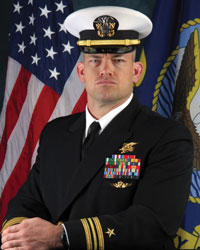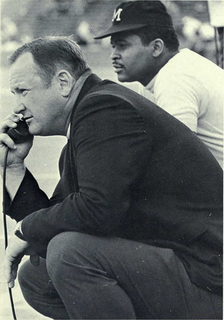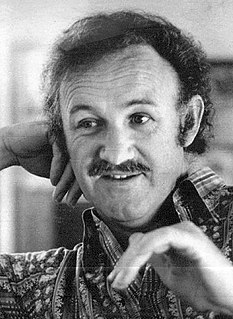A Quote by Jocko Willink
The best leaders understand the motivations of their team members and know their people - their lives and their families. But a leader must never grow so close to subordinates that one member of the team becomes more important than another, or more important than the mission itself.
Related Quotes
An organization belongs on a sick list when promotion becomes more important to its people than accomplishment of their job they are in. It is sick when it is more concerned with avoiding mistakes than with taking risks, with counteracting the weaknesses of its members than with building on their strength. But it is sick also when "good human relations" become more important than performance and achievement.
Since the team understands that the leader is de facto in charge, in that respect, a leader has nothing to prove. But in another respect, a leader has everything to prove: Every member of the team must develop the trust and confidence that their leader will exercise good judgment, remain calm, and make the right decisions when it matters most.
The longer I live the more I realize the impact of attitude on life. Attitude, to me, is more important than facts. It is more important than the past, than education, than money, than circumstances, than failures, than successes, than what other people think or say or do. It is more important than appearance, giftedness or skill. It will make or break a company . . . a church . . . a home.
When you're a member of a team, when I was member of a team, whether I ultimately agreed or disagreed, once a president makes a decision, everybody, in my opinion, has to go with that decision, or you shouldn't be a member of the team. Your reputation rises and falls with the person who's the leader of the team.
Talent is important. But the single most important ingredient after you get the talent is internal leadership. It's not the coaches as much as one single person or people on the team who set higher standards than that team would normally set for itself. I really believe that that's been ultimately important for us.
An effective leader is willing to think about what's happening and how to understand what's going on. Facilitating flow and making others more conscious of it, the leader communicates an awareness of process to the group, making them more aware of their energies and options. One important principle is to keep track of who has not spoken. ... It's also important to notice when people do speak out but are not heard. Effective leaders practice patience, reminding themselves to wait and observe, remembering that there's always more going on in a group than we're consciously aware of.






























